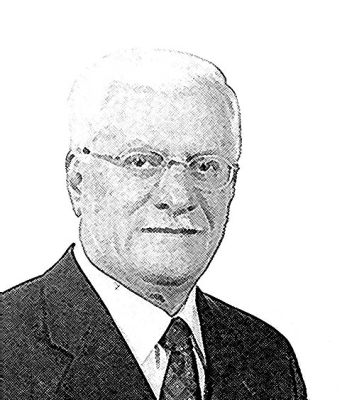The claim that the value of the Jordanian dinar is stable is not true. In fact the exchange rate of the dinar rose during twelve months by 23 per cent against the euro, and 13 per cent against the pound sterling.
The dinar is very strong, not due to a strong national economy or large scale of exports, but because it has been pegged to the American dollar for the last 20 years. The dinar thus enjoys the same strength of the dollar.
At one time during the 1990s, the International Monetary Fund used to press the government to devalue the dinar, even though at the time its exchange rate was not as strong as it is now.
By contrast, the IMF now supports without reservation the present fixing of the dinar exchange rate to the dollar.
Playing with the dinar exchange rate does not exist in the government’s or the Central Bank’s dictionary. The connection between the dinar and the dollar is here to stay.
A strong local currency is not all benefits; it has its low side as well, such as encouraging imports, discouraging exports, hurting incoming tourism and encouraging outgoing tourism.
A strong currency increases the burden on borrowers.
However, the stability of the exchange rate in dollar terms has important advantages, such as gaining investors’ confidence, attracting foreign funds with no risk of possible loss of exchange, controlling inflation, confirming confidence in the dinar, in particular, and the economy, in general, and preventing dollarisation.
Instead of capital flight, or converting savings in dinars into foreign currencies, as used to be the case before pegging the dinar to the dollar, the opposite happened: Funds were repatriated, and foreign and Arab deposits in Jordanian banks grew, as seen by the huge amounts of non-resident deposits in the Jordanian banking system.
Economic decisions are like strong medicines: They are meant to deal with certain problems, but cannot avoid undesirable side effects.
Making an economic decision is some sort of comparison between costs and benefits. In the end some groups will benefit from any economic decision, while others could be hurt.
The interest of individuals and groups are not always identical with the best interest of the national economy, which is supposed to be the major objective of decision makers.
At one time the dinar exchange rate was a controversial subject that can be argued both ways. The practical experiment of pegging the dinar to the dollar resolved the case.
The dinar fixed in dollars served the Jordanian economy well. It achieved monetary stability, reinforced public confidence, attracted Arab and foreign investments, and has been is a successful policy by any measure.
